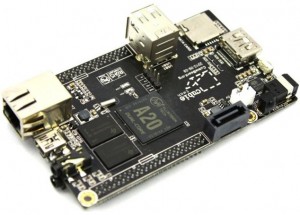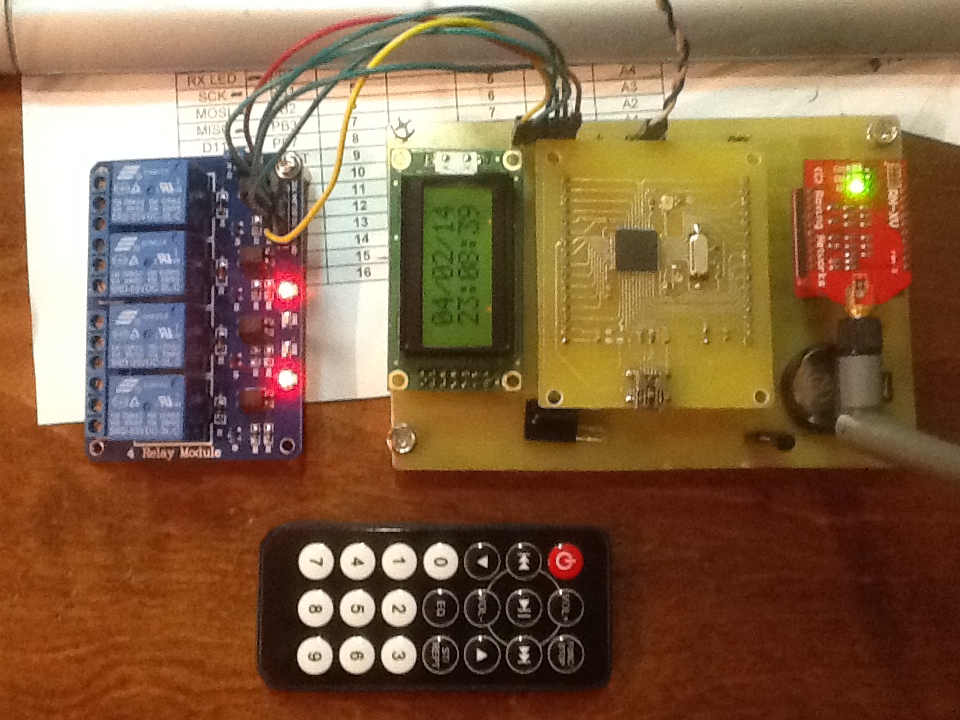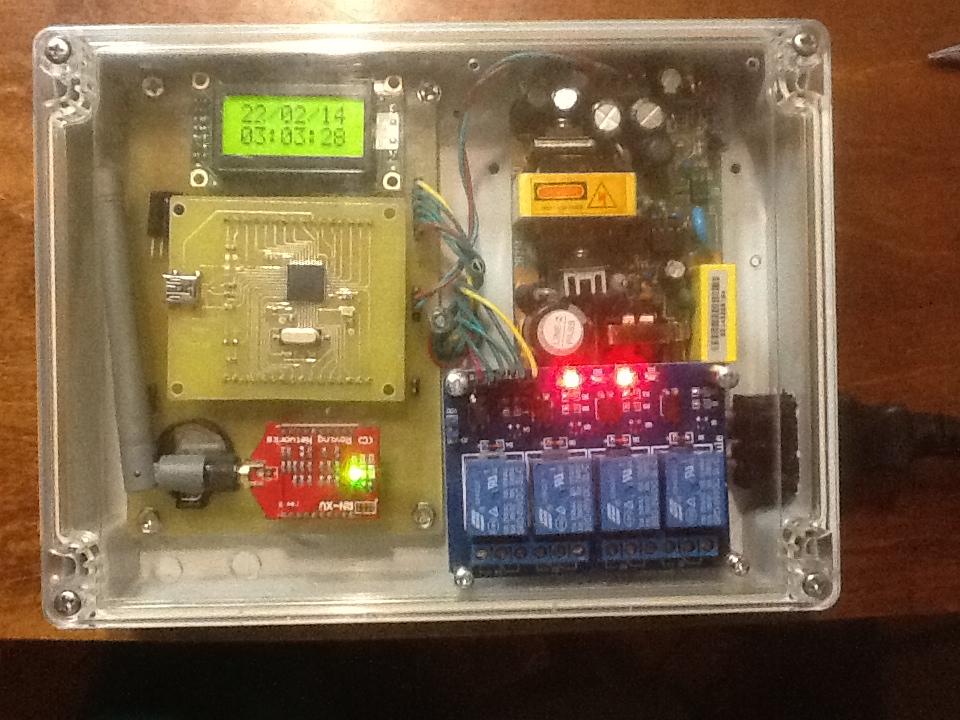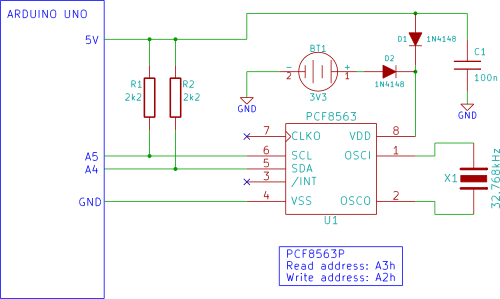| CPU: | ARM® Cortex™-A7 Dual-Core |
|---|---|
| GPU: | ARM® Mali400MP2, Complies with OpenGL ES 2.0/1.1 |
| Память: | 1GB DDR3 @960M |
| Накопитель: | встроенная 4GB NAND flash, расширяемая до 64GB (есть слот uSD). |
| Жесткий диск: | возможность подключения 2.5″ SATA объемом до 2T |
| Питание: | 5VDC, 2A или USB otg |
| Сеть: | 10/100 ethernet, возможно подключение wifi dongle |
| USB: | 2x USB 2.0 HOST, 1x USB 2.0 OTG |
| Прочие интерфейсы: | 2×96 pin, I2C, SPI, RGB/LVDS, CSI/TS, FM-IN, ADC, CVBS, VGA, SPDIF-OUT |
| ИК порт: | 1x |
| ОС: | Android, Ubuntu, Fedora и др. |
- Производитель: cubieboard.org
- Купить: chipster.ru
- Хороший сайт на русском про cubieboard: devdotnet.org
- Документация: docs.cubieboard.org/resources
- Wiki: linux-sunxi.org/Cubieboard




